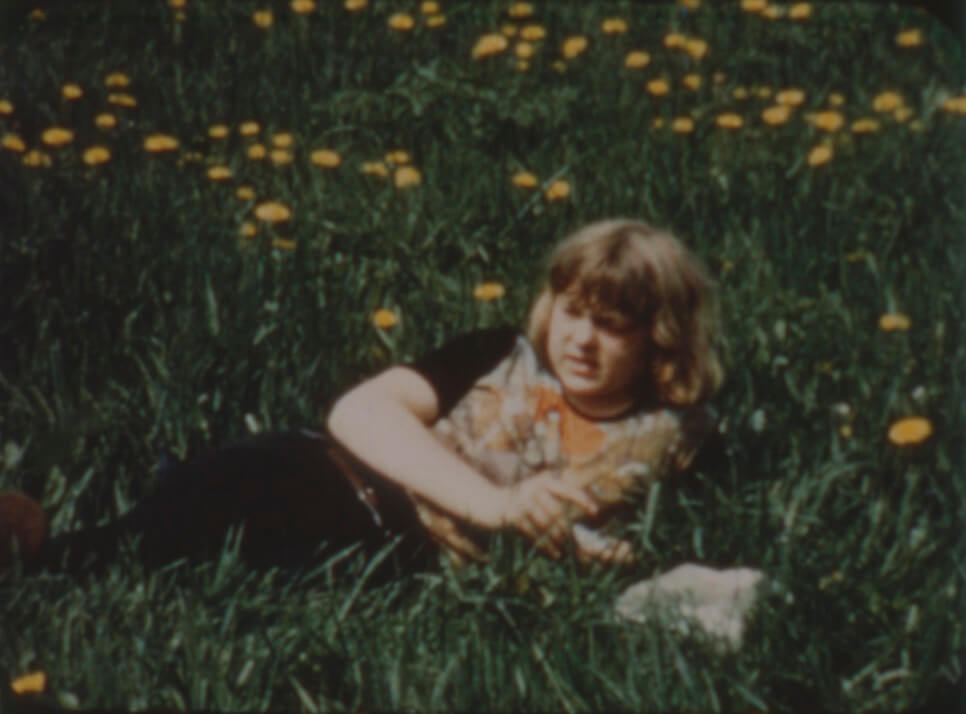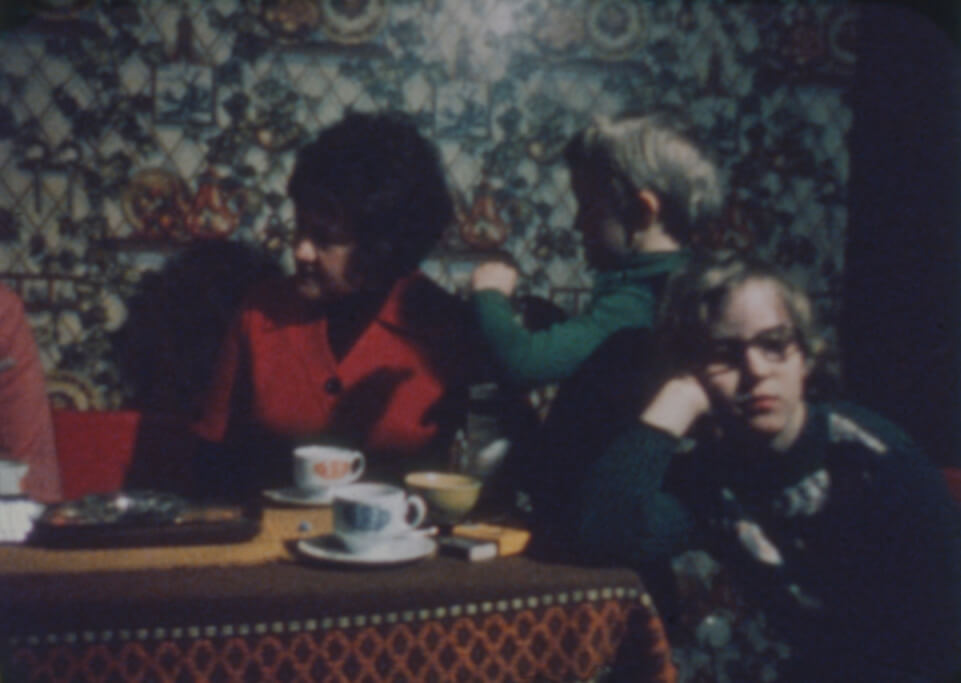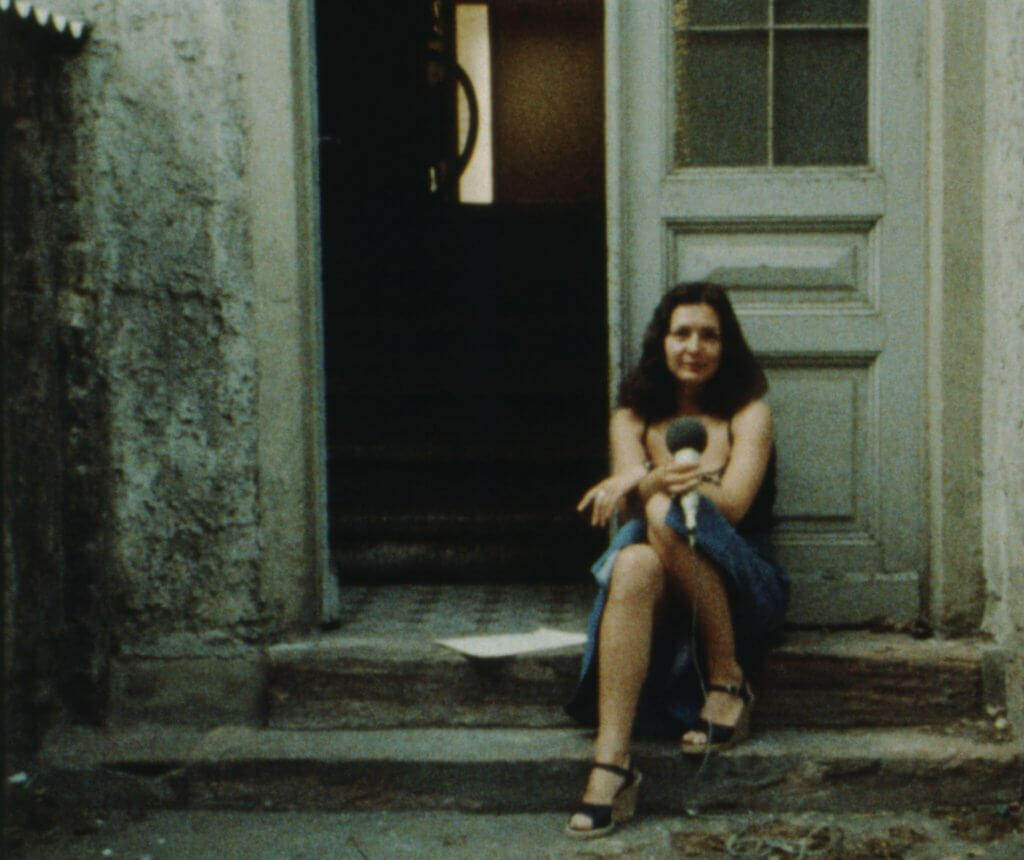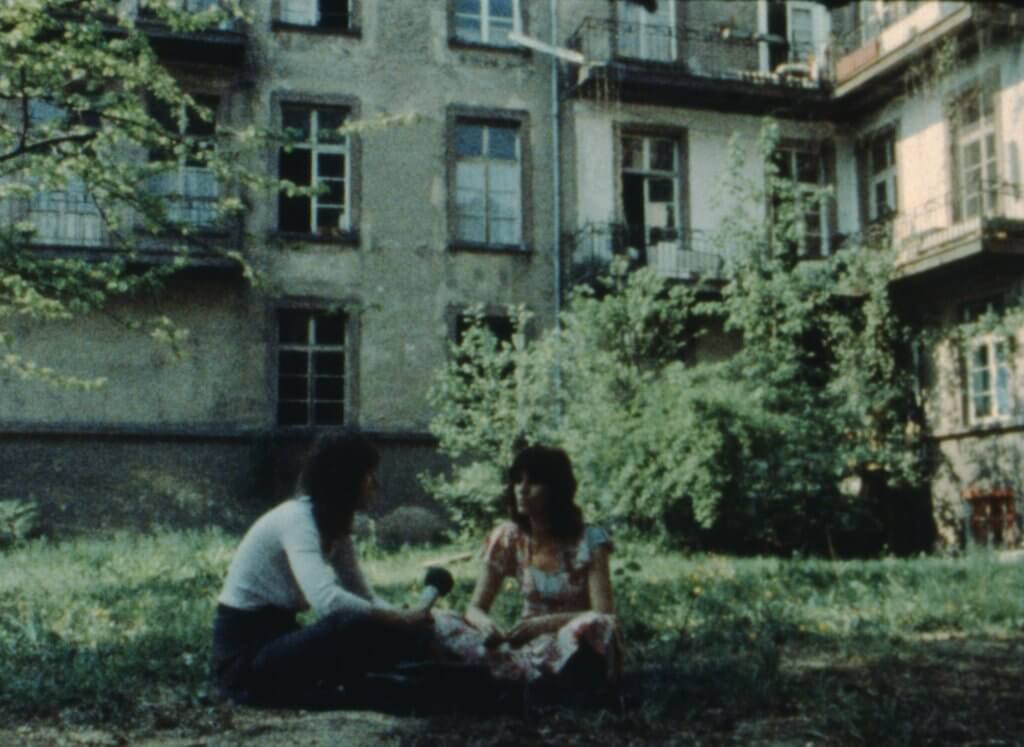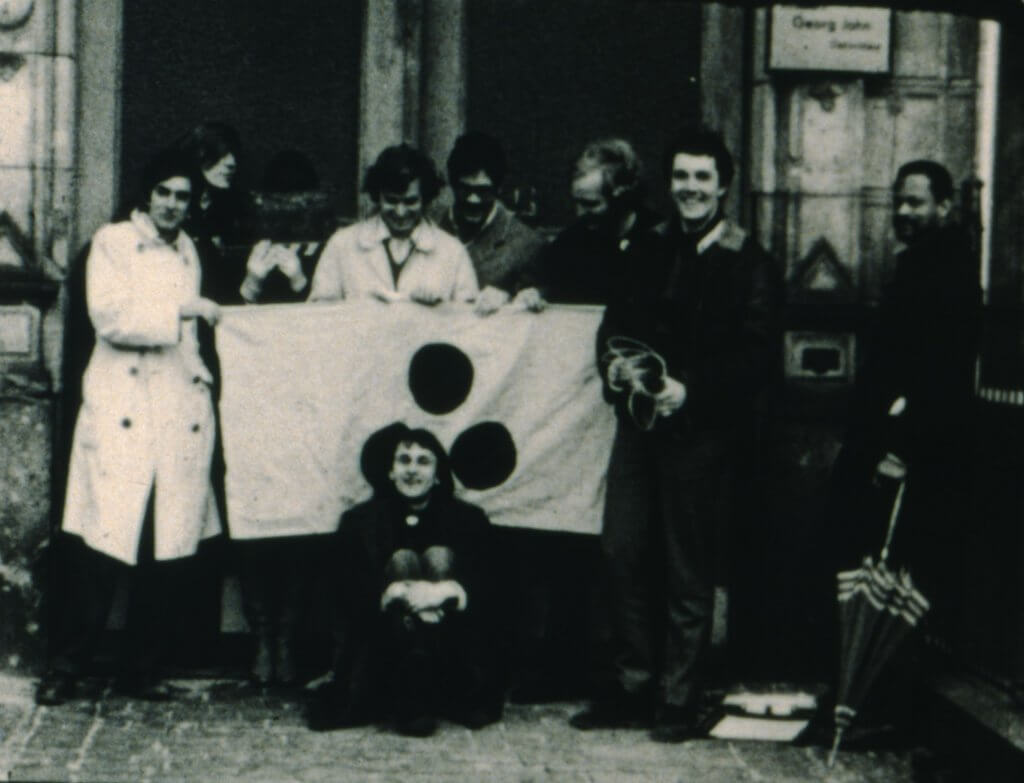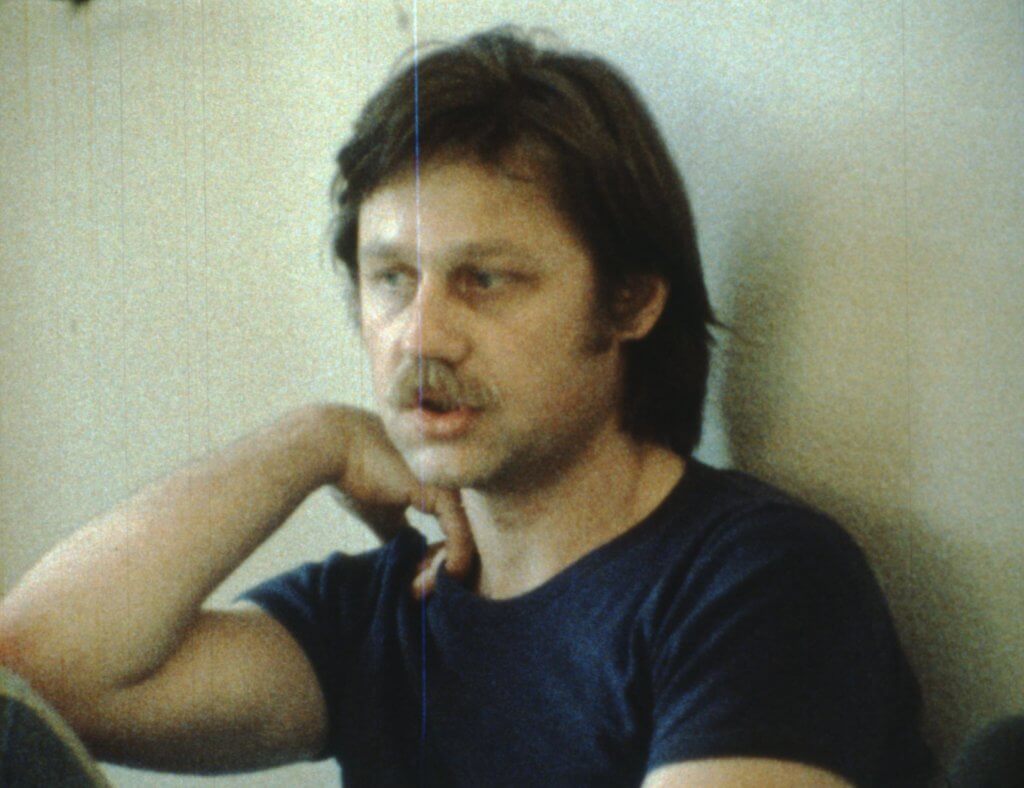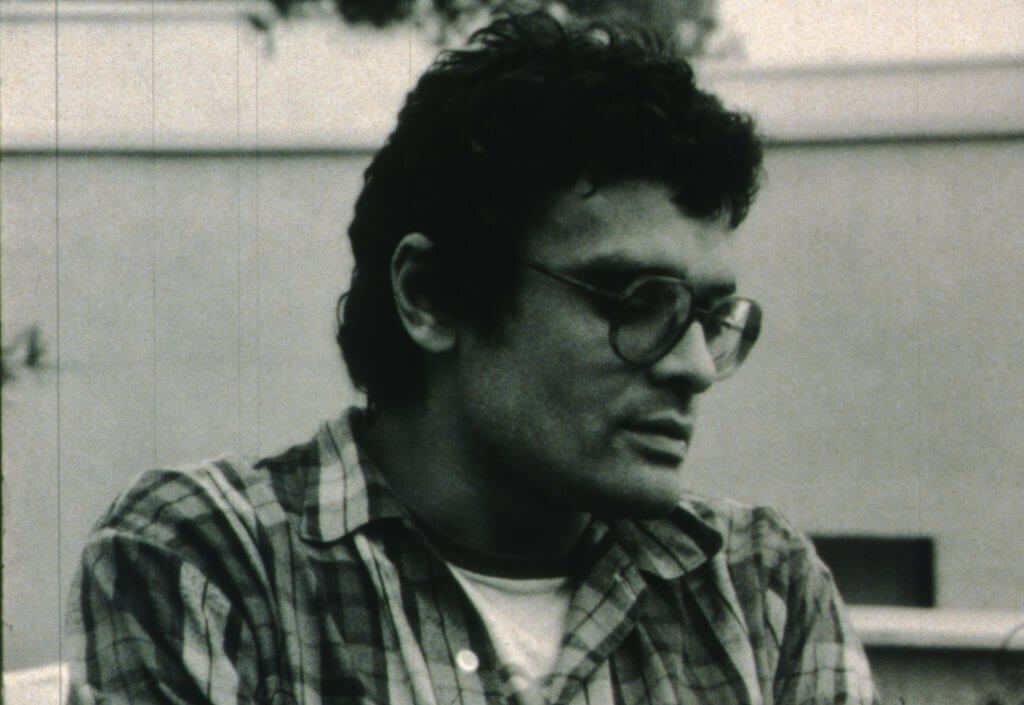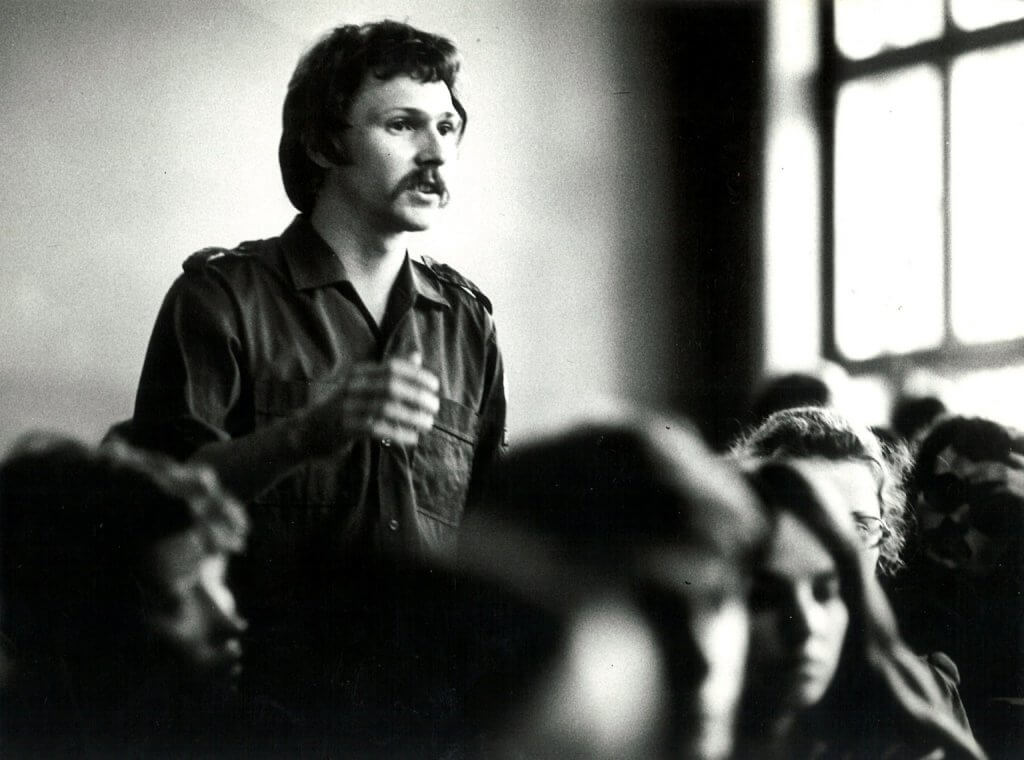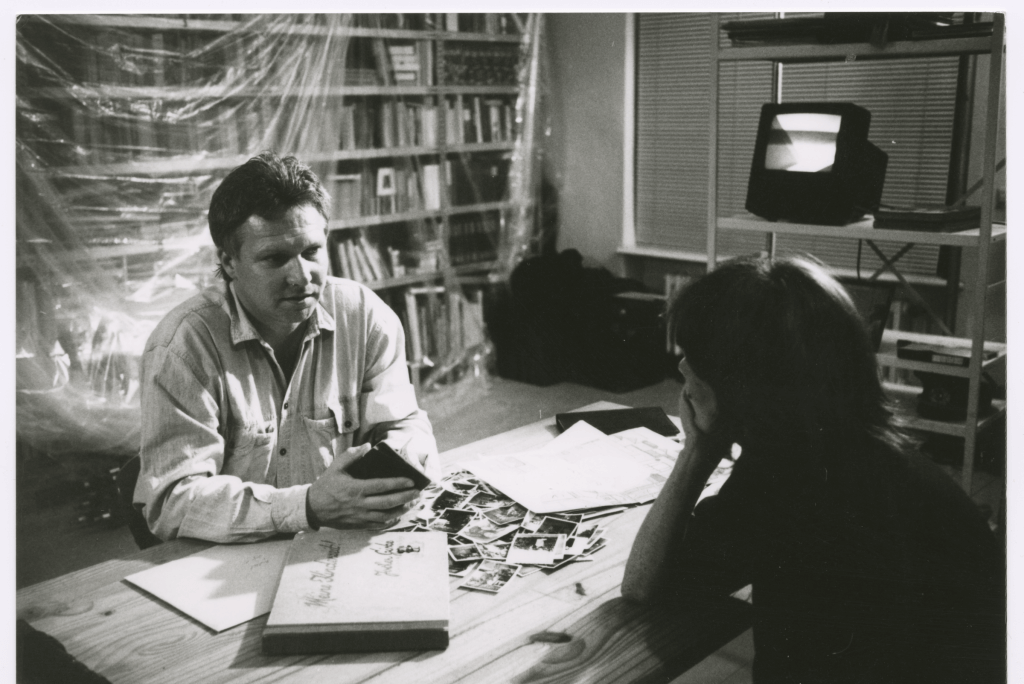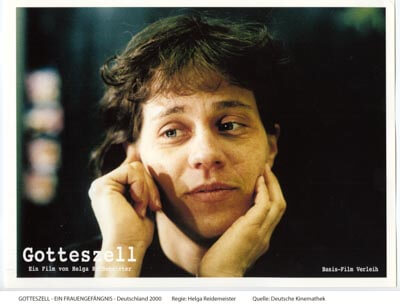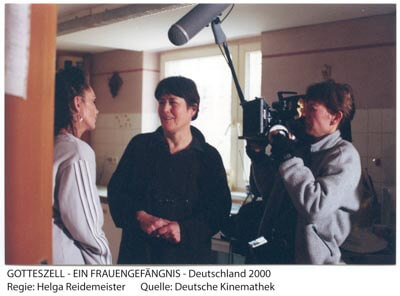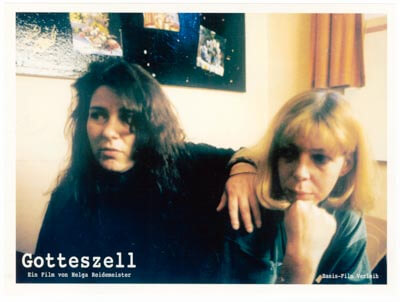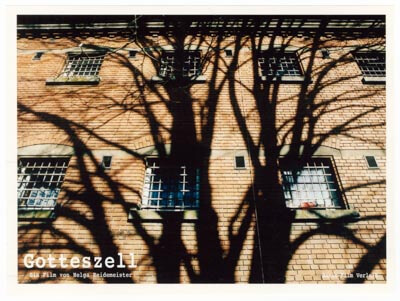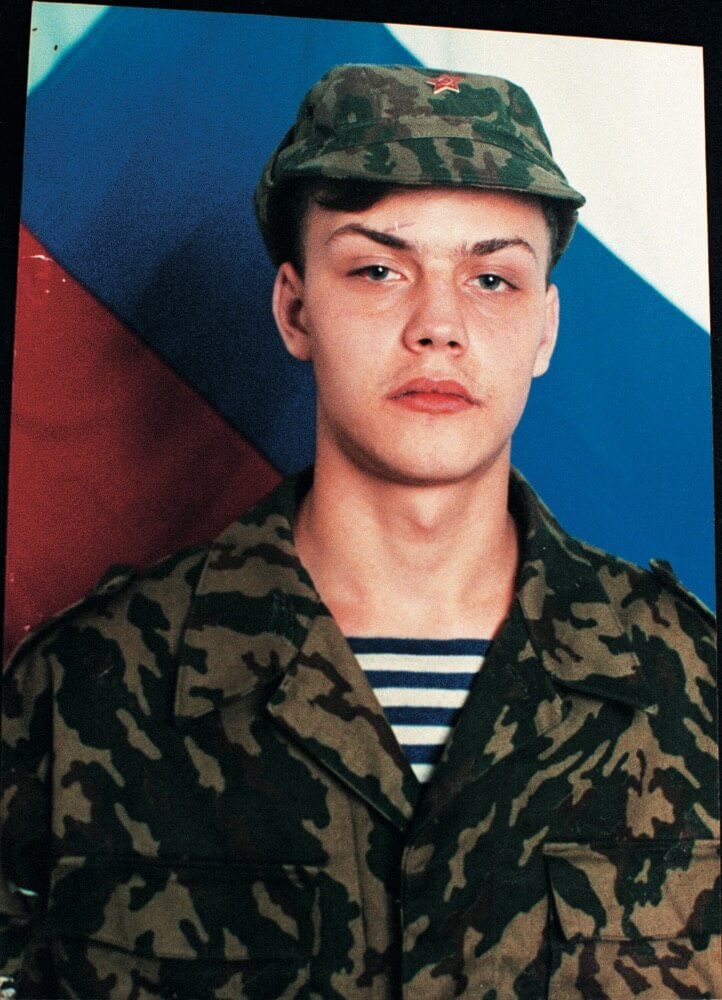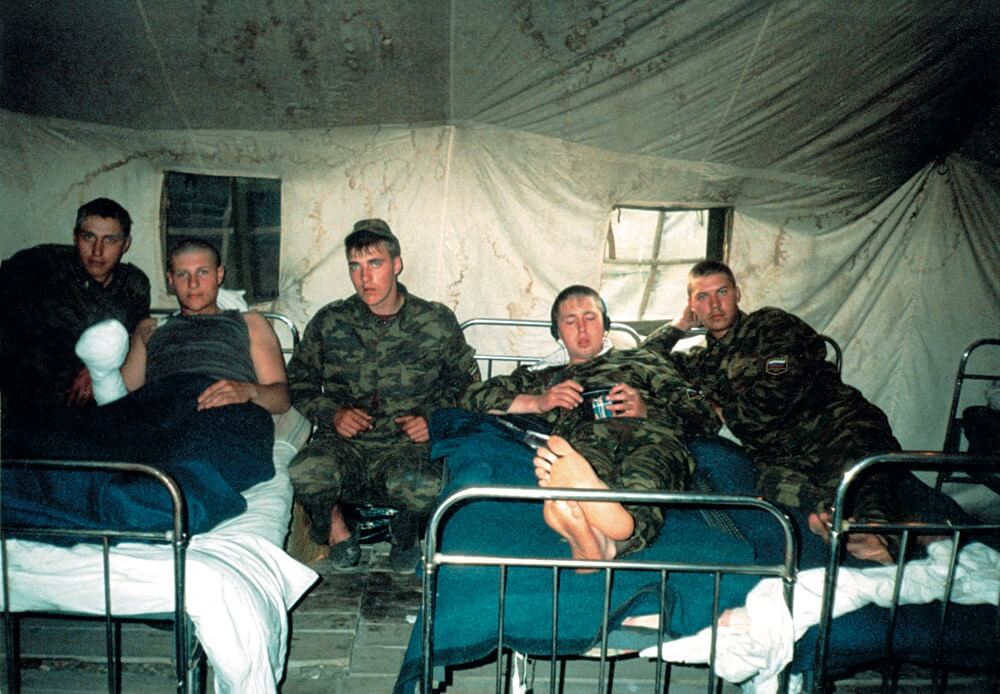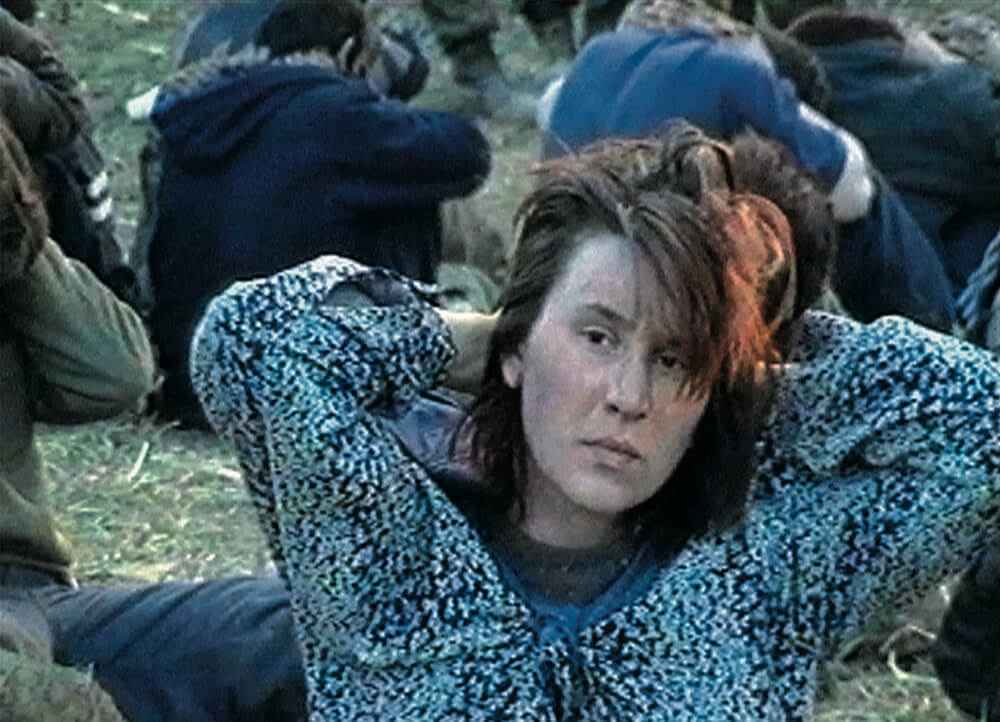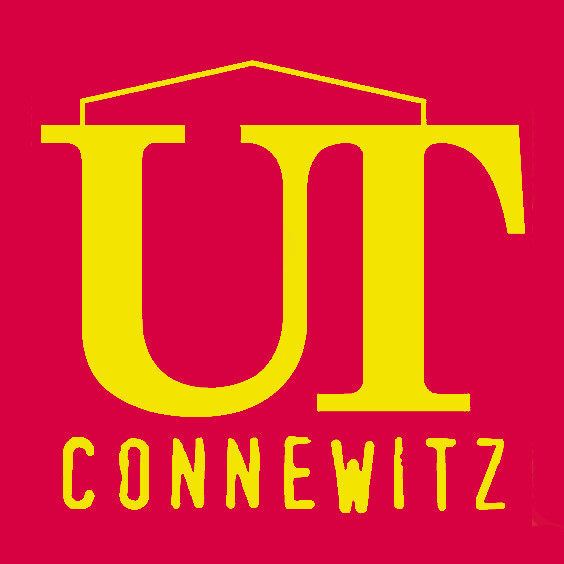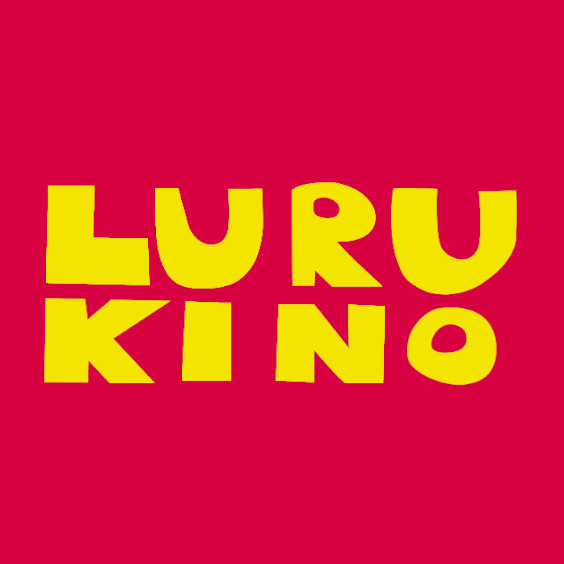GER 1977, D: Helga Reidemeister, Eduard Gernart, in collaboration with the Bruder Family, Doc, 84′, OV with English subtitles, DCP
Irene and Günter Bruder are living with their four children at Märkisches Viertel, a Berlin new buildings district with 17.000 apartment units built for up to 50.000 people. The members of the family reveal their everyday life: their housekeeping with them sometimes compulsively keeping things clean, cooking, going to work. They are dealing with numerous conflicts in front of the camera and talk to Reidemeister about difficulties and anxieties, like passing on their social status to the next generation. The fifth and oldest child Michael, who has been consigned to a reformatory hell years ago, also gets a chance to speak. The Bruder family, which Reidemeister got to know in the context of her neighbourhood and social work, were actively involved in the creation of the film.
| Thu 15 Sept | Luru Kino in der Spinnerei |
| 9 pm | With an introduction by Madeleine Bernstorff regular: 6,5€ / reduced 5,5€ Double ticket with ES STIRBT ALLERDINGS EIN JEDER…. (HOLGER MEINS) & FILMTAGEBÜCHER 1975 – 1985 € 11 / 9€ red. |
WE ALL DIE, THE MAIN THING HOWEVER IS HOW AND HOW WE LIVE OUR LIVES (HOLGER MEINS)
GER 1976, D: Renate Sami, 51′, German OV, 16mm
FILM DIARIES 1975-1985 (FORAYS)
GER 2005, D: Renate Sami, 32′, German OV, MiniDV
In her first work as a director WE ALL DIE…, Renate Sami interviews companions of Holger Meins (1941-1974), who studied and worked with him at the German Film and Television Academy Berlin (dffb). The stories of his fellow students compose a picture of a man who radically tried to combine aesthetic and political concerns, and ultimately saw no possibilities anymore to accomplish his political goals with the means of film. In the case of FILM DIARIES 1975-1985 – silently shot on Super8 – Sami entangles highly diverse portraits of friends and places to a poetic and private study.
| Tue 15 Sept | Luru Kino in der Spinnerei |
| 7 pm | regular: 6,5€ / reduced 5,5€ Double ticket with DER GEKAUFTE TRAUM € 11 / 9€ red. |
GER 1992, D: Johann Feindt & Tamara Trampe, Doc, 95′, OV with English subtitles, DCP
Breaking open a person’s black box is how Jochen Girke formulates one of his former tasks as a psychologist at the GDR’s State Security. As a system that gets examined, the black box has an input where information comes in and is processed to adjust behavior to environments based on that information. But we only see what comes out. Its inner life remains in the dark. In the cinematic psychogram THE BLACK BOX, Tamara Trampe and Johann Feindt want to know: How have you become the person sitting in front of me now? Social questions are derived from personal ones. How is it possible to destroy the conscience of a whole society? An illustration of not wanting to give up further inquiring. And possibly the failure of doing so? THE BLACK BOX is one of the first documentaries from the post-GDR era to address the issue of coming to terms with the past.
| Wed 14 Sept | UT Connewitz |
| 9 pm | regular: 6,5€ / reduced 5,5€ Double ticket with GOTTESZELL – A WOMEN’S € 11 / 9 red. |
GER 2001, D: Helga Reidemeister, Doc, 104′, OV with English subtitles, 35mm
Inside views of a usually sealed place. Using the example of “Gotteszell” in Baden-Wuerttemberg as a microcosm, Helga Reidemeister undertakes an examination of the institution “Women’s Prison”, tracing questions of guilt, punishment and atonement, not least letting the prisoners have their say. Six women tell of their lives before incarceration and of problems like being separated from their children. Besides the ones sentenced to relatively short sentences – mostly because of drug offences – the prisoners sometimes serving lifelong sentences because of homicide and manslaughter also speak out.
| Wed 14 Sept | UT Connewitz |
| 7 pm | With an introduction by Bert Rebhandl regular: 6,5€ / reduced 5,5€ Double ticket with DER SCHWARZE KASTEN € 11 / 9 red. |
GER/FR 2005, R: Johann Feindt & Tamara Trampe, Doc, 92′, OV with German voice-over, Digi Beta
How do soldiers come back from war? This is the one question that accompanies the documentary WHITE RAVENS, made in the early 2000s. We get to know young men, whom Tamara Trampe and Johann Feindt show as perpetrators as well as victims of the war in Chechnya: broken returnees, but also concerned parents looking for their missing sons and overworked employees in the Moscow office of the Committee of Soldiers’ Mothers of Russia. In WHITE RAVENS, the directors’ ability to approach the victims and encounter their silence becomes evident.
| Tue 13 Sept | Luru Kino in der Spinnerei |
| 9 pm | regular: 6,5€ / reduced 5,5€ Double ticket with WITH PYRAMIDS: 11€ / 9€ reduced |

